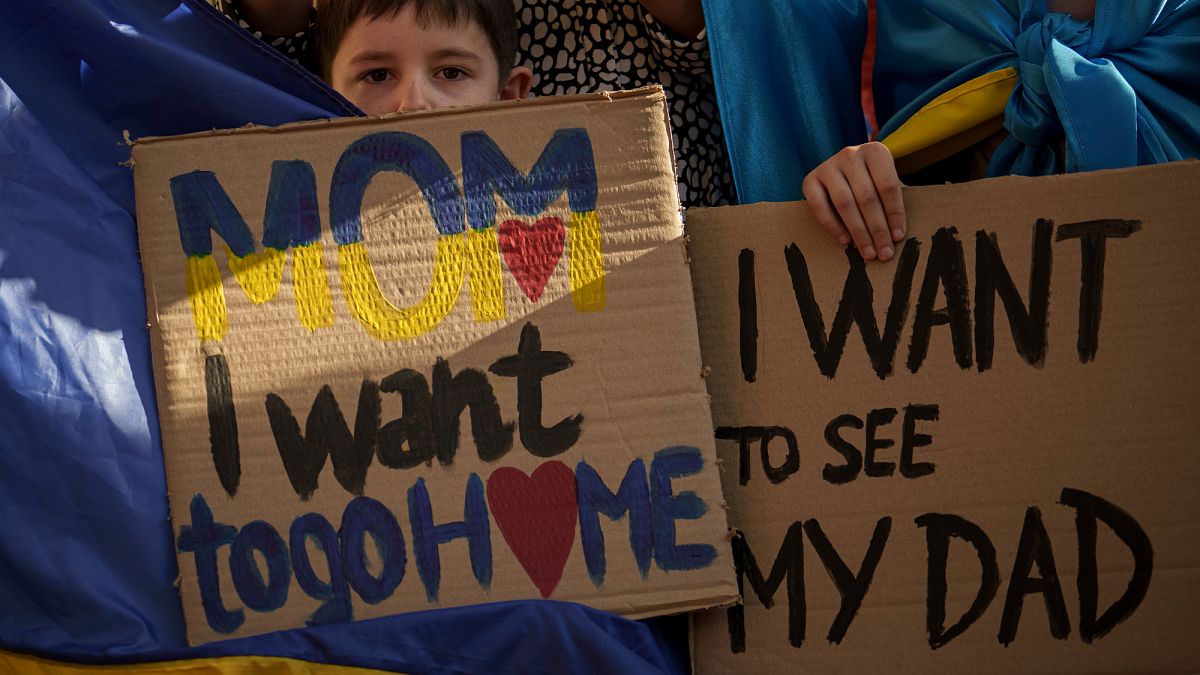Published on
The Russian full-scale invasion of Ukraine in 2022 forced almost 10 million people to flee their homes, with about 3.8 million displaced within the country and 5.6 million abroad, but most of them want to stay close to their homes, the UN refugee agency’s representative for Ukraine said.
The war between Ukraine and Russia is continuing with “increased intensity” so the continuation of international support funding a humanitarian response is crucial, United Nations High Commissioner for Refugees (UNHCR) representative Karolina Lindholm Billing said on Friday.
“At the moment, most who are newly displaced remain within the country and that’s what most people prefer to do as well: to stay as close as possible to their home regions,” Lindholm Billing told the AP in an interview.
The UNHCR representative stressed that every day the organisation and its local partners help people who are victims of aerial attacks, including recent strikes on Kyiv and Kharkiv.
“People evacuating from front line areas need support. But at the same time, we have to continue helping Ukraine’s immediate recovery, so that people who want to stay in Ukraine can actually do that,” Lindholm Billing said.
As participants in the fourth Ukraine Recovery Conference in Rome, European leaders urged private business and equity to invest in rebuilding Ukraine now, even as Russia accelerates its war effort.
The conference is expected to finalise individual deals of guarantees and grants to unlock more than €10 billion in investments.
The European Commission announced the creation of the European Flagship Fund for the Reconstruction of Ukraine, the largest equity fund to date to support the country.
Countries prepared to provide troops for a post-war stabilisation force in Ukraine also agreed to set up a headquarters in Paris to facilitate a rapid deployment after the war ends.
Russia recently intensified a series of long-range Shahed drone attacks on Ukrainian cities, which often also include ballistic and cruise missiles as well as powerful glide bombs.
June brought the highest monthly civilian casualties of the past three years, with 232 people killed and 1,343 wounded.
Russia launched 10 times more drones and missiles in June than in the same month last year, the UN human rights mission in Ukraine said on Thursday.
Lindholm Billing said UNHCR is working with Ukraine’s government on a “winter response plan,” which will include cash assistance for vulnerable families to pay for firewood, coal and briquettes to warm homes in front line areas where energy systems are damaged.
“We have another winter coming up and we know that the cold weather adds another layer of risk to people. So it’s going to be crucial to also provide support for Ukraine’s energy systems, but also for individual households,” she said.
Additional sources • AP
